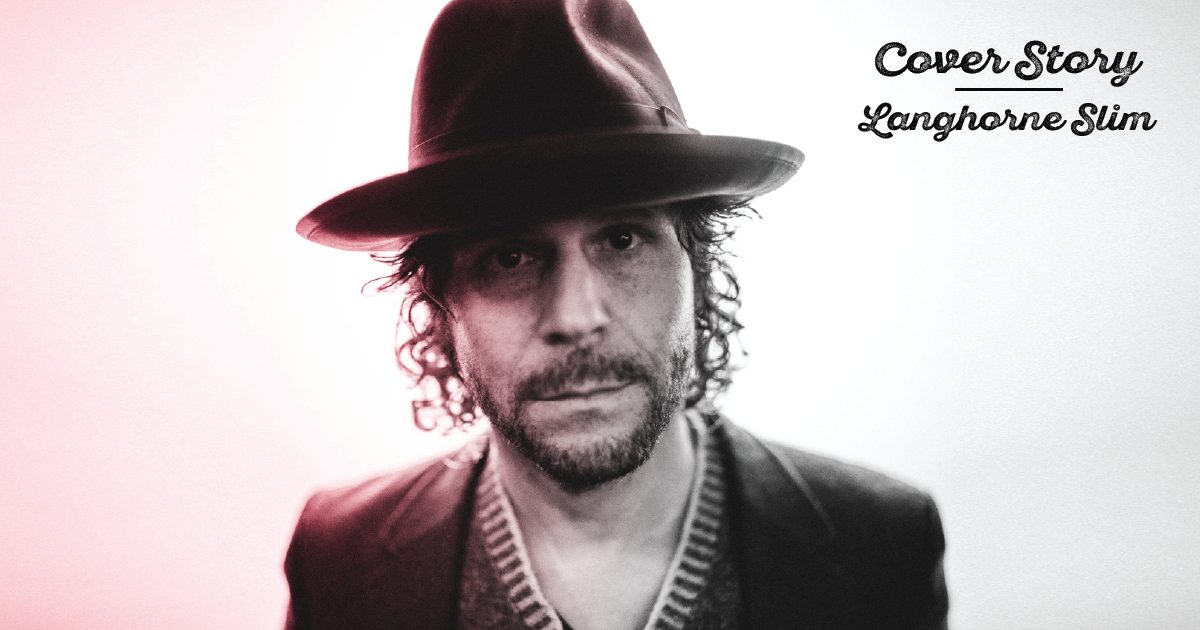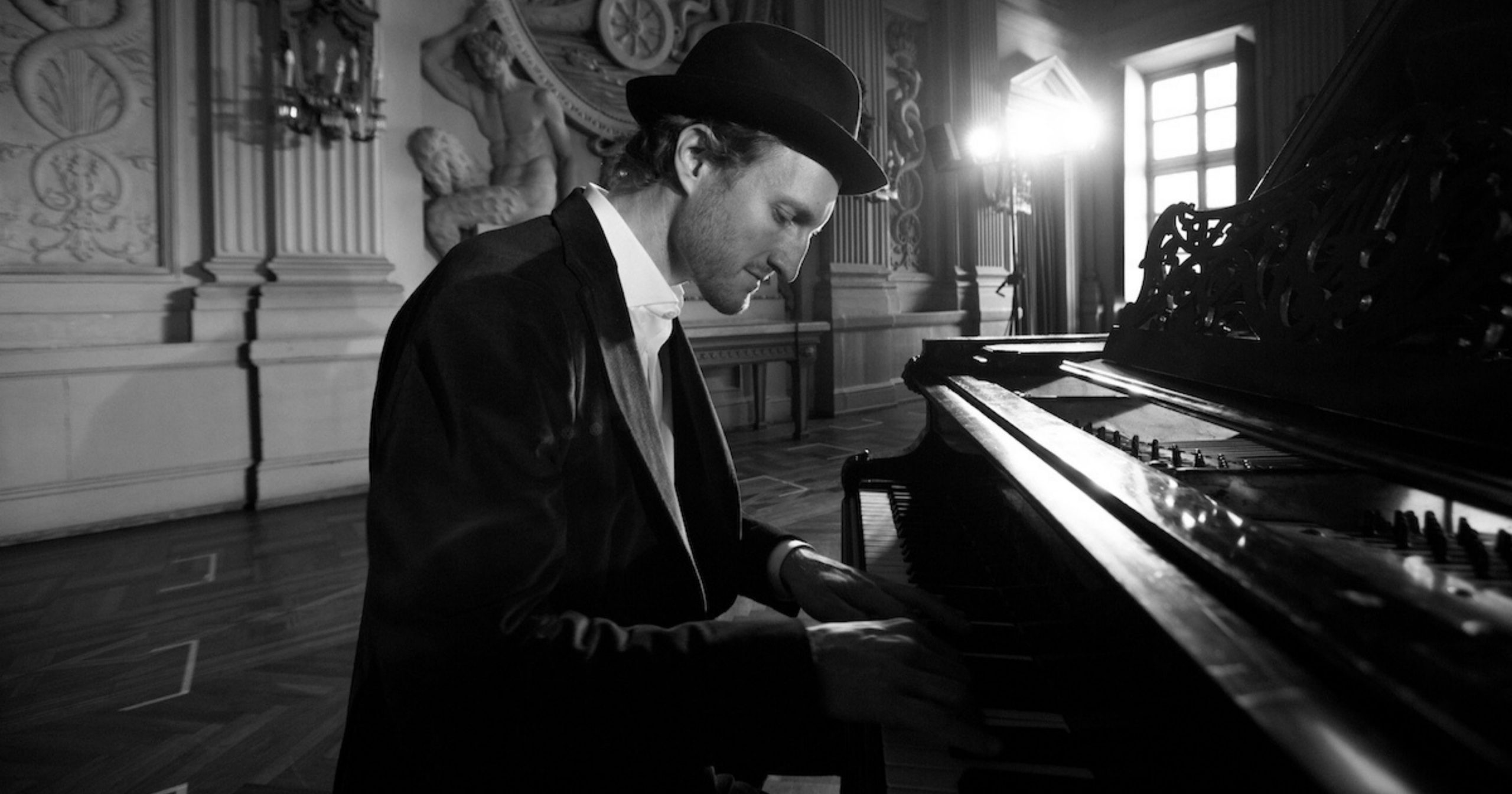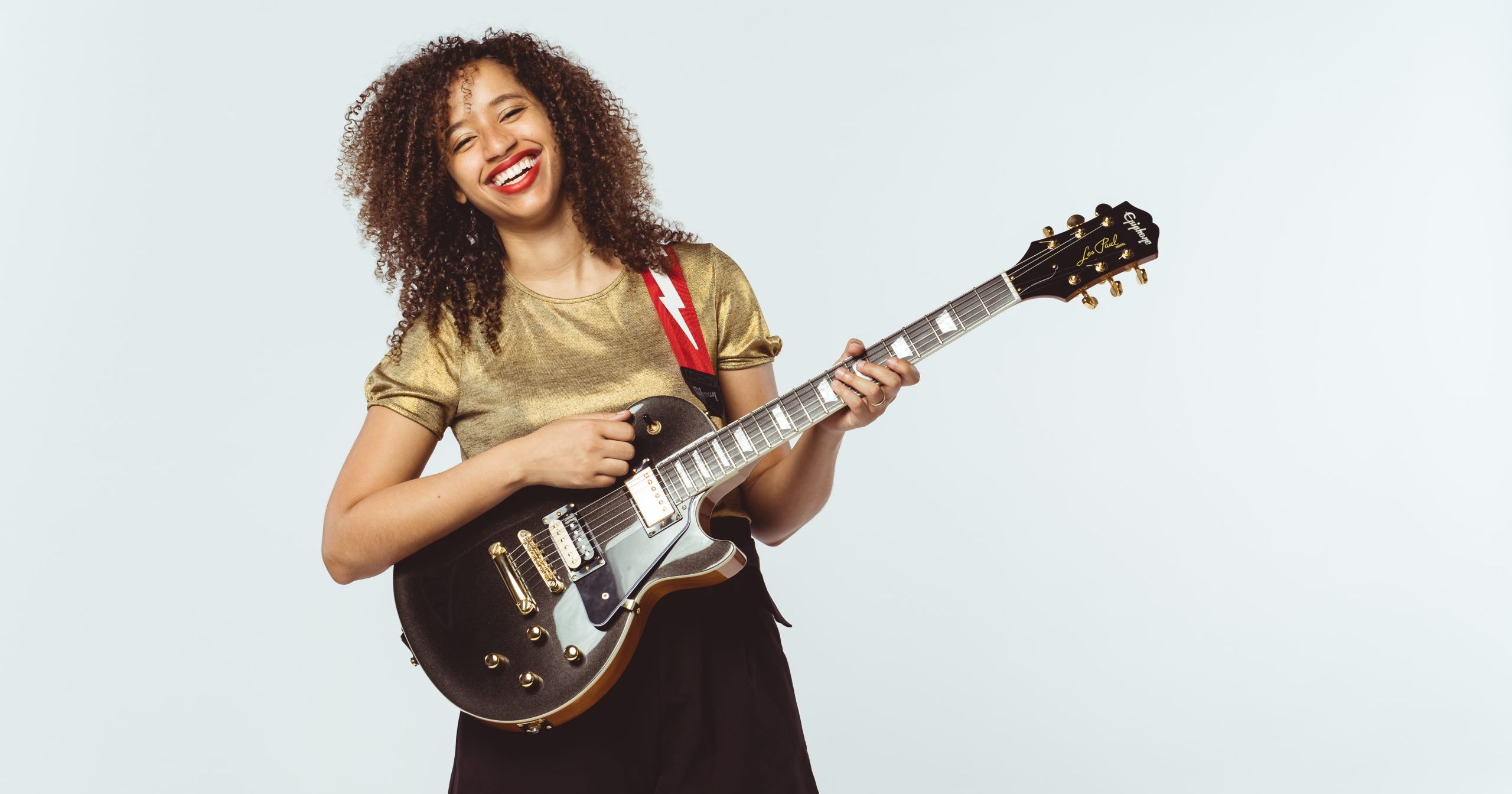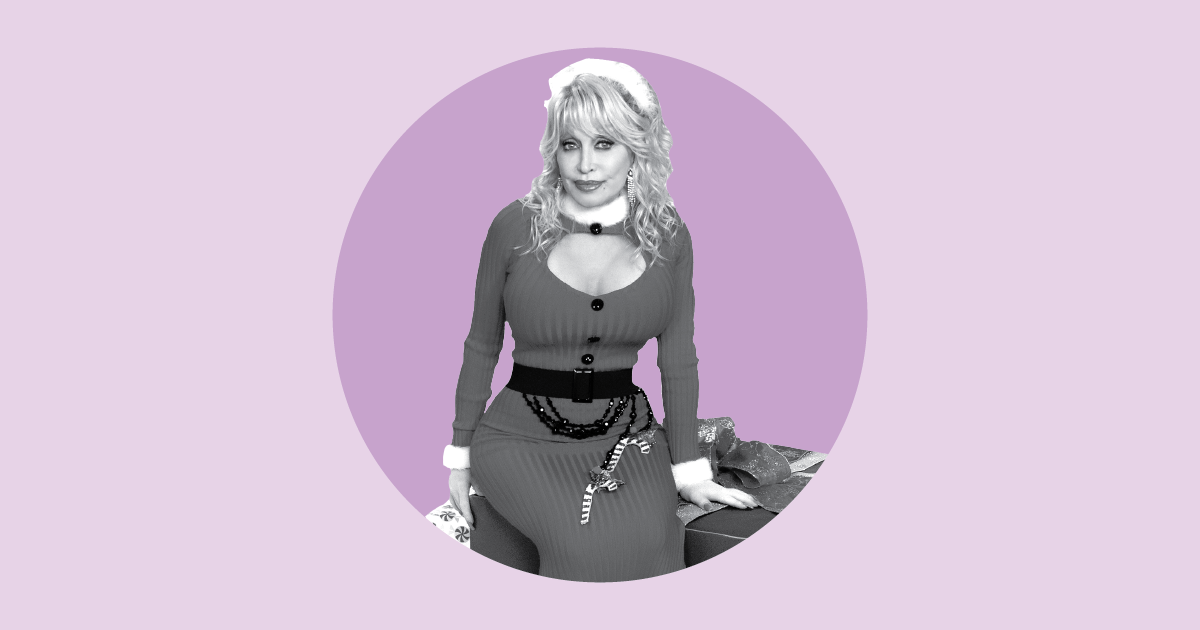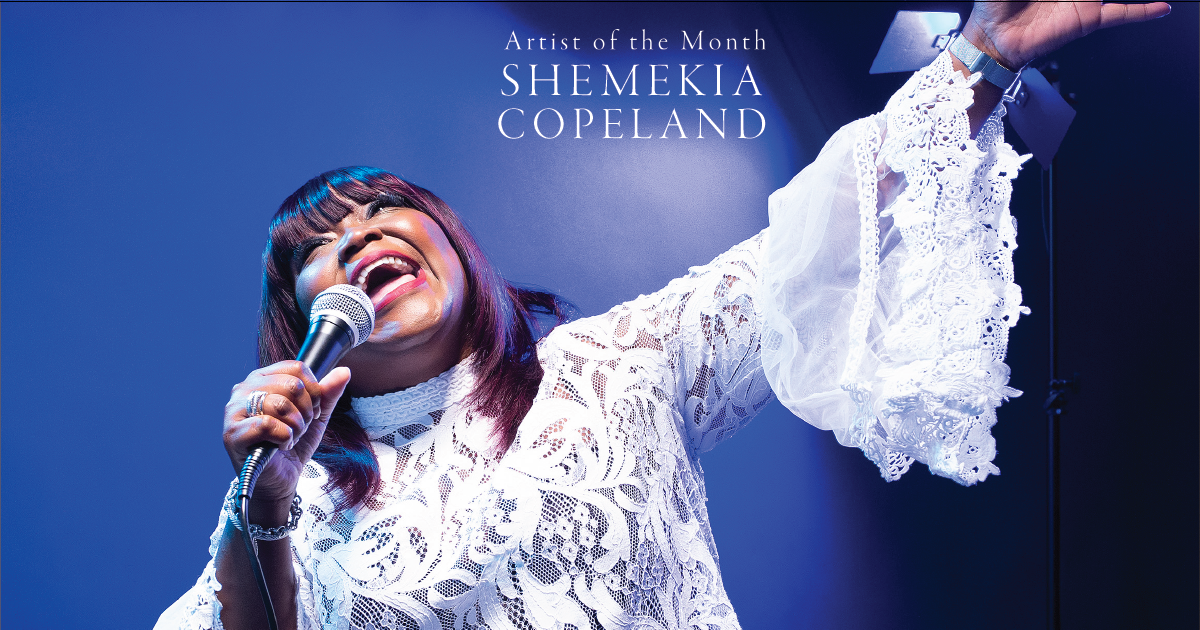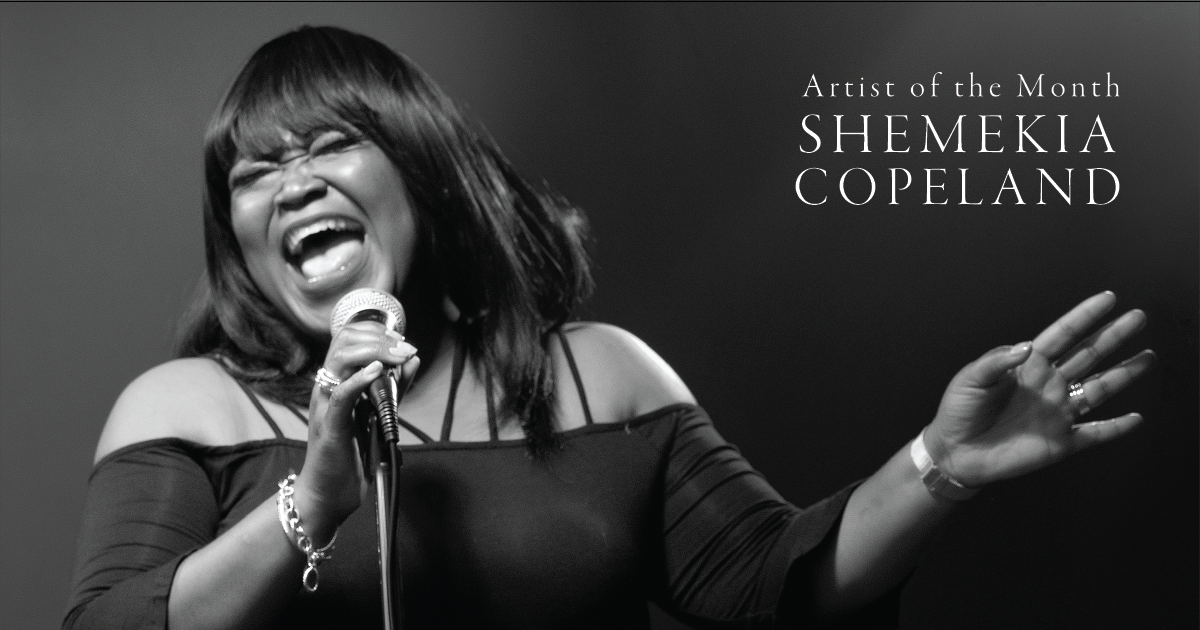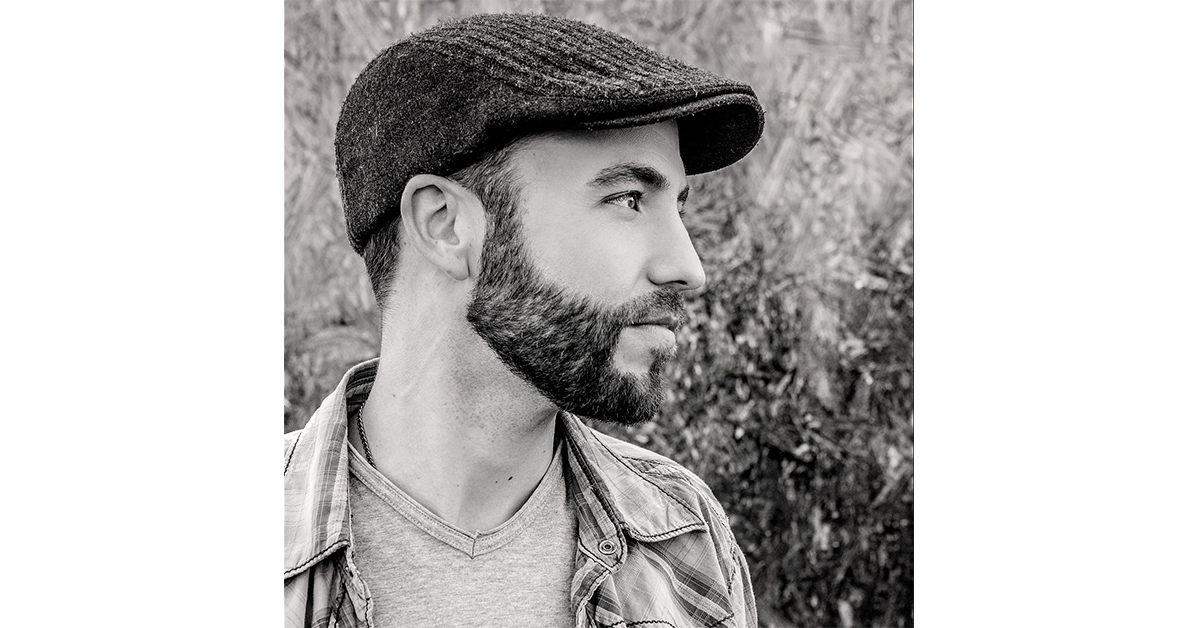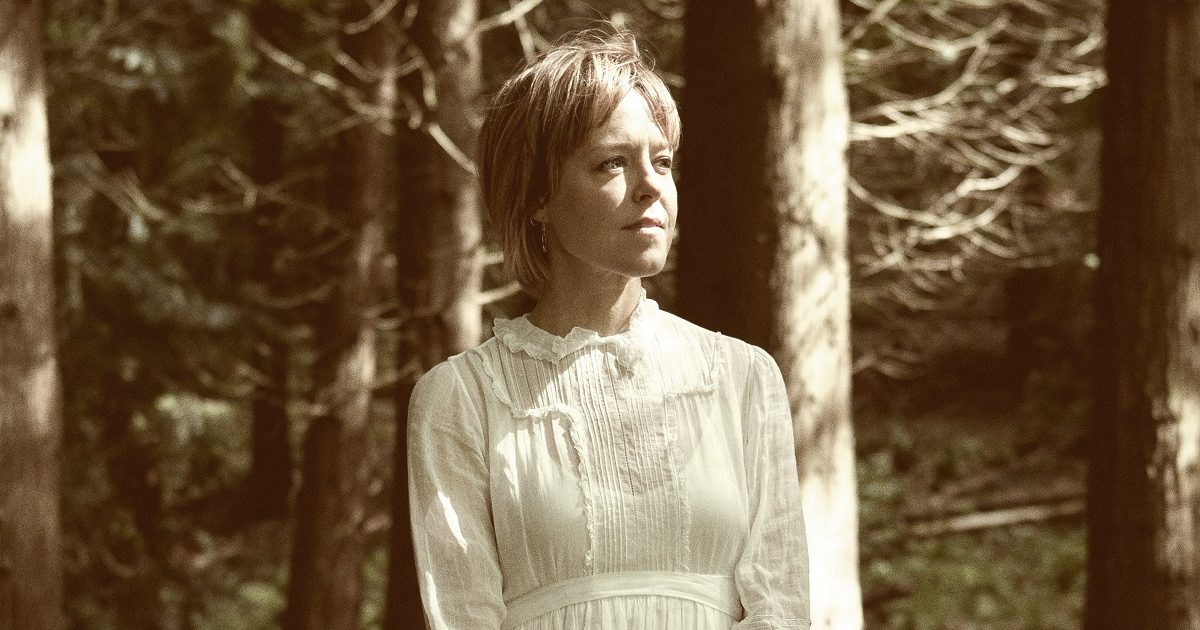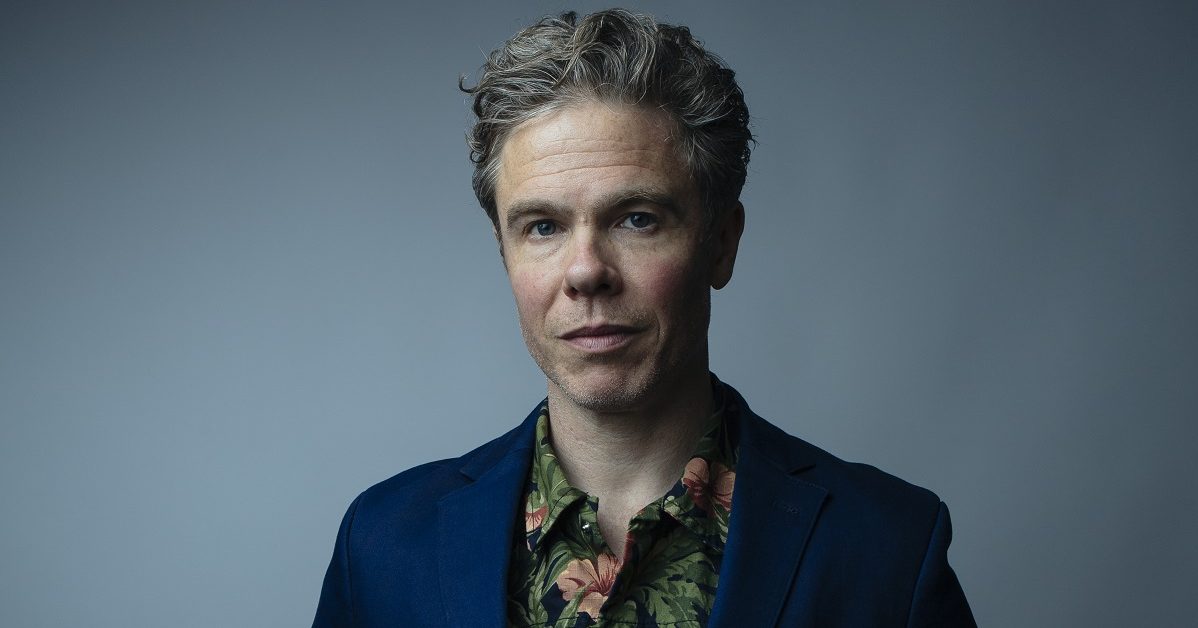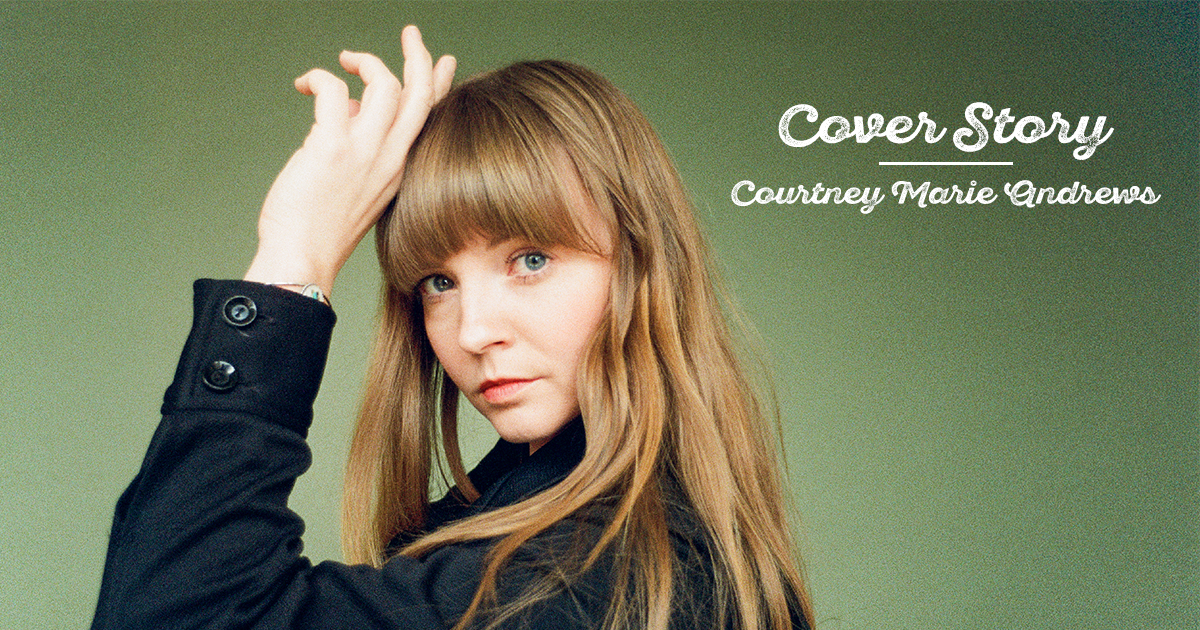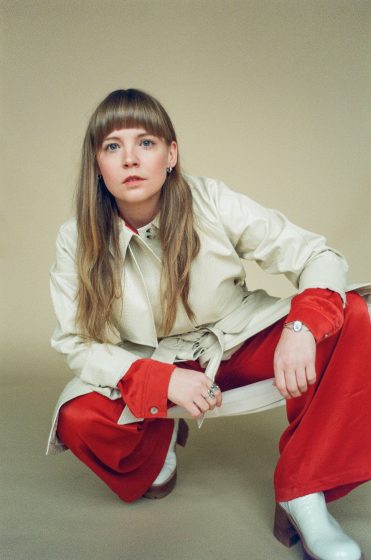Langhorne Slim didn’t intend to make his new record, Strawberry Mansion, but he found a musical path through a crooked piece of time. He isn’t escaping the chaos of the era. Instead, we find him traversing it, soaking it in, and sharing a real-time creative reaction.
In “Sing My Song” he writes, “I’ll sing my song when my song appears.” By facing his own addiction and the many hardships the world has been dealt this past year, he cleared the path for the 22-song record to appear. With the support and musical collaboration of friends like Paul DeFiglia and Mat Davidson — as well as his family, label, and management — Strawberry Mansion stands as a fruitful monument to Slim’s hard work as a person and as an artist.
BGS: Will you talk a little bit about what you were experiencing leading into making this record?
LS: Well, I wasn’t writing music to write a record. I had been working for a long time trying to finish another project (the unreleased Lost at Last Vol. 2). I quit drinking and drugs about seven and half years ago and I relapsed with prescription medication that was prescribed to me and one thing led fairly quickly to the other, where I became dependent on that medication. That led me to about a year out West and a decision to come back to Nashville where I’ve lived for almost a decade. It is where I got sober the first time.
So the conversation in my head was, I’m going to go back home and get healthy. Right now, I’m actually in the apartment of my friend who came and drove me from Los Angeles back to Nashville and it was a brutal trip. And he’s a brother to me. He didn’t know that I was in bad shape and weaning myself off of these prescription pills. Prescription medication is a motherf***er and I have all kinds of thoughts and feelings about that. He found me in a place that he had not ever seen me in. I could see through his eyes that he did not recognize me and I don’t mean that poetically or metaphorically. My boy was clearly disturbed, frightened, annoyed, sad, and confused. When I dropped him off, he looked at me and I looked at him and I knew it was bad. He was just a mirror and I could see where I was at.
I called around some places and people and found some help. Shortly after I got home, the tornado hit. And then of course the pandemic. So energetically and physically, it was such a crazy wild time for everybody. On a deeply personal level, I think in retrospect, the slowing down and forced confrontation of things that needed immediate dealing with, there’s just so much that has been revealed in this. For me, who am I when I’m not a touring musician? Who am I when I’m facing my anxiety, my fear, whatever it might be? Some might say life on life’s terms.
For this record, I read that you had a friend that suggested that you write every day, which you had not done prior to that. Is that right?
It is right that you read that but it’s not the entire story… One of my friends, who I’ve known for many, many years sort of jokingly said, “If you just write a song every day, come over and we’ll record it.” As soon as the quarantine started, some songs started to come and at that point, it almost seemed like they were quarantine jingles. They were kind of on the nose for the situation but it felt good to have these new little songs. I would finish a song. I would not overthink the song. I would take it to my friend’s house in its rawest form. We would record it and I would post it and then I wouldn’t think about the song again. It was a cathartic thing. Catch, release, and on to the next one. And that wound up going on for a couple of months.
Were you interacting with fans over social media about the songs? And if so, did it wind up affecting the output?
Let me put it this way, I think what it was allowing me to do was to scratch an itch. I don’t know what would have happened if I wasn’t having some interaction, some connection in that way without being on tour. In this raw and intimate way, I was writing the song that day, making a little video, and putting it out to people who care or like what I do. It means a lot to me that other people not only relate but are feeling uplifted if only for the two minutes that they are listening to it. I’m sure that was a fuel and energetic force that allowed me to continue to do it.
When did you know that Strawberry Mansion was a record?
I’m superstitious and one time I told my good friend Jonny Fritz that there had been a black cat that was stalking my lawn and he laughed and rolled his eyes and said, “You know what is bad luck? Being so superstitious.” He’s a smart boy. When these songs were flowing, I didn’t want to call my manager or the record label because I thought it was taking it out of the spirit world and putting it into the more tangible physical one. After about 20-25 songs I had the idea for it to be a record, but wanted to keep writing and they finally called me and said, “We think that you should just record a stripped-down record,” which is what I wanted. A stripped-down, raw, immediate, and true to how the songs came about kind of record.
One of my favorite lines from the record is from “Panic Attack,” when you say, “I’m feeling things exponentially.” And that line can be for the good and the bad. What are you feeling exponentially right now in this moment?
I’m excited about the record. I’m proud of the record. I am looking forward to continuing to write songs and getting busy with whatever comes next. The feeling feelings exponentially can be positive. It can be negative. That was in terms of, obviously, a panic attack. I have been a sensitive boy my whole life so what I’m trying to do is to not let every feeling take me over or guide my next step, because if I’m not looking out for it, a certain kind of thought can manifest into an intense feeling very quickly.
There is going to be a lot of talk on this record about sobriety. This isn’t the first time I’ve gotten sober and I’m not trying to market or promote my sobriety. I’m trying to take that very seriously. It is part of the real shit that is in my life and it had to stop before more songs came. It seems dishonest for me not to discuss it. I still feel feelings very exponentially and would be lying to say that by getting sober or by writing a record that that cures any of it. It is a daily practice.
What are you most looking forward to musically after the pandemic has passed, and what are some things that you might do differently from having had this quiet time?
I think I am going to realize how much I miss the live experience. I think because I have been so fortunate to be able to write a bunch of music during this time, it has really fed that need. If I hadn’t been able to do it, I think I’d probably be really missing touring and being on the road. It feels weird to say but I don’t have that craving to be back out on the road. I miss performing for people.
For me personally, I could absolutely see touring a lot less and continuing to practice some semblance of stillness, whatever that means for me. More home time, I think would be healthy for me. Perhaps because I haven’t been under the delusion that touring is coming back any time soon since the beginning of this, I haven’t been constantly disappointed. I’m just trying to keep my shit together and have a healthy attitude about it and not have any expectations for what might be waiting for me down the street.
Photo credit: Harvey Washington
